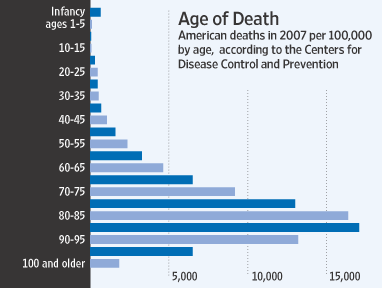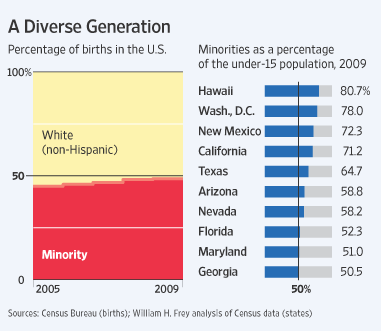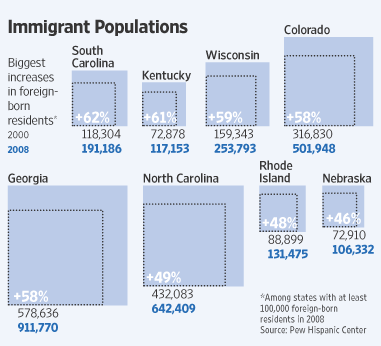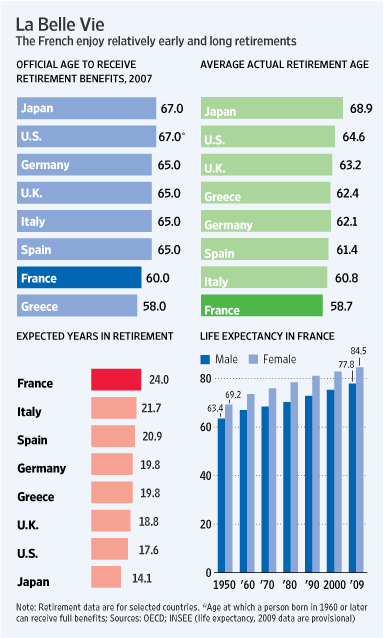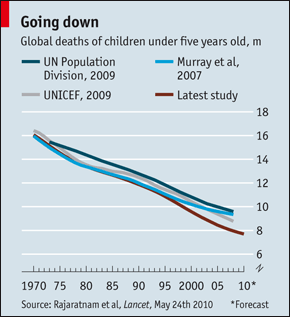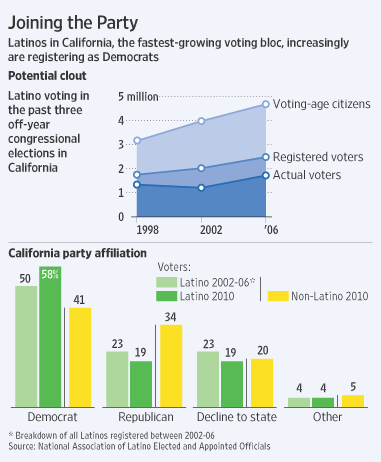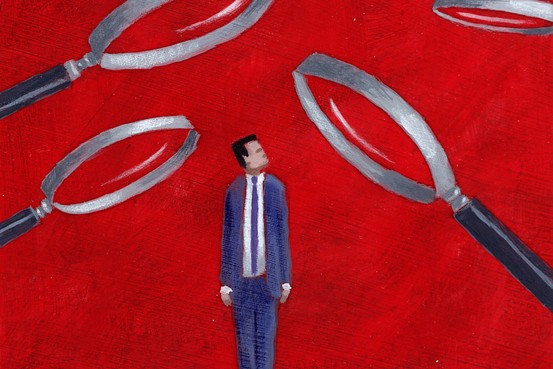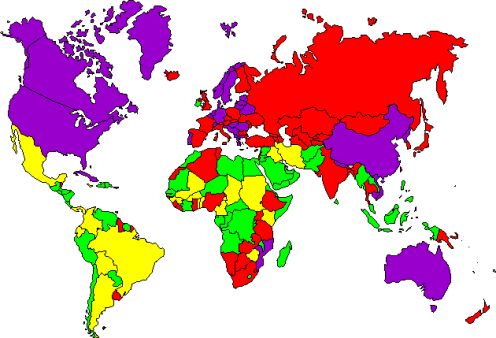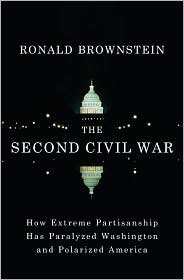The Chinese dream by way of a generation of rising "little emperors"
 Thursday, July 22, 2010 at 12:07AM
Thursday, July 22, 2010 at 12:07AM 
Pu Yi--not the last little emperor capable of wreaking havoc in China.
FT op-ed by Geoff Dyer on the Me Generation of single children in China, "who want more from their lives than their parents could dream of."
Dyer contextualizes the recent labor unrest as part of a generational shift. Past generations may have been willing to "eat bitterness," but the upcoming crop is not. Long gone are the 18-year-old females just off the farm who will take any abuse the system heaps on them--just to hold onto that factory job.
According to Chinese economist, Andy Xie:
Today's young adults and their parents may as well be from different centuries. They want to settle down in big cities and have interesting, well-paying jobs--just like their counterparts in other countries.
Remember that when you're sold the Chinese threat of--as Robert Kaplan so eloquently put it--a "literate peasantry" hell-bent on conquering the world for its resource needs. The generational shift described here doesn't sound like a cohort willing to sacrifice all that much. Instead it sounds like one ready for its due entitlements up front.
For the tens of millions of young Chinese graduates, buying a flat is a central part of their plan to live a modern, middle-class life. Young Chinese men feel the social pressure the most. The first time someone told me his chances of getting married would be ruined if he could not buy an apartment, I thought he was joking, yet it is a refrain one hears constantly. Chinese mothers-in-law to-be, it seems, can be an unforgiving bunch.
Yes, when poked, these angry young men will sound off in the most nationalistic ways, but don't assume that translates into a willingness to march on Beijing's call.
... it is not a contradiction for young people to be more patriotic, but also more demanding and individualistic. Modernisation has unleashed powerful forces--pride and confidence in China's achievements but also high expectations about the life that can be lived. The signs of restlessness among young Chinese make for a less predictable political future.
Whenever I've had the chance to lecture before Chinese college students, I've always come away impressed by the fierceness of their Kantian mindset: they fervently believe that China can have a good life and never be forced to fight any ways to defend it. I think that's naive, but I also think it shows how little stomach exists within this Me Generation for fighting their way to the top.
In short, the 5GW struggle has already been won.
 China,
China,  demographics,
demographics,  development | in
development | in  Citation Post |
Citation Post |  Email Article |
Email Article |  Permalink |
Permalink |  Print Article
Print Article 










